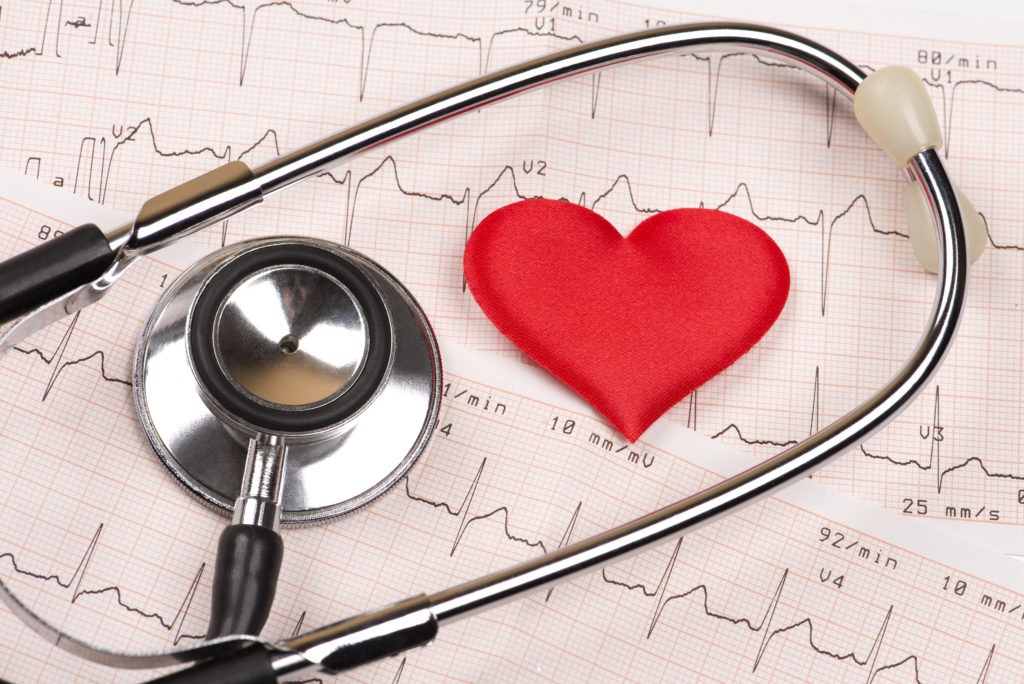
COVID-19 and the heart
While COVID-19 is a highly contagious disease that primarily affects the lungs, evidence shows there is at least one other major organ vulnerable to this particular coronavirus.
“COVID-19 has a special affinity for the heart, commonly resulting in infection, inflammation, and damage of heart tissue,” says Dr. Harriette Van Spall, cardiologist at Hamilton Health Sciences (HHS) and Associate Professor of Medicine at McMaster University.
Evidence of heart abnormalities
In a recent study of 100 patients who recovered from COVID-19 infection, more than three-quarters had evidence of heart abnormalities, including about 15 per cent of patients who had no symptoms of COVID-19 at all.

Dr. Harriette Van Spall, cardiologist at Hamilton Health Sciences and Associate Professor of Medicine at McMaster University.
“Cardiac involvement is not uncommon, including in COVID-19 patients who have minimal or no symptoms,” says Van Spall. “In another study of more than 1,000 patients who recovered from COVID, nearly half of those without prior heart disease had abnormal findings on cardiac imaging. And autopsy studies in some patients who’ve died of COVID-19 show that heart tissue infection and inflammation are rather common. So cardiac complications occur more often than previously recognized in COVID-19.”
Some patients who have COVID-19 can be asymptomatic, meaning they don’t show symptoms. Other patients can have symptoms such as fever, cough, chest pain, muscle ache, shortness of breath, significant fatigue, or loss of taste and smell. Some may experience abdominal symptoms. Most patients who become severely ill have pneumonia, and many also have cardiac involvement.
“With cardiac involvement,” says Van Spall, “you may either have no symptoms or experience chest pain, difficulty breathing, racing or skipped heartbeats, fainting, and in some cases, sudden death.”
Attend regular appointments, seek care in emergencies
Patients with underlying heart disease are at a particularly high risk of complications from COVID-19. But avoiding routine or emergency medical care during the pandemic to prevent infection can also affect health.
“At both a global and local level, there has been a noticeable drop in visits to the emergency department for cardiac conditions – largely due to the fear patients have of contracting COVID-19. Patients have been suffering at home with serious cardiac conditions, resulting in an increase in death even among those without infection. It remains important to attend your regular cardiac appointments, seek help from your doctor if you are unwell, and visit your local emergency department if you need urgent or emergent care,” says Van Spall.
Long-term health
Van Spall says that while approximately 30-40% of patients with COVID-19 don’t show symptoms, they may still have COVID-related complications in the future.
“We don’t know yet what the long term effects of COVID-19 are on the heart. This will only be apparent with time. While there are some people who remain asymptomatic, it doesn’t mean their organs and tissues haven’t been affected,” says Van Spall. “The best strategy is to avoid contracting and spreading the disease. Use a mask when outside your home, maintain a distance of 2 meters with others, and wash your hands frequently. Prevention is the best option, especially when there is no cure.”
Related:
Hamilton Health Sciences COVID-19 Updates
How to wear a mask
COVID-19: Tips to stay healthy
